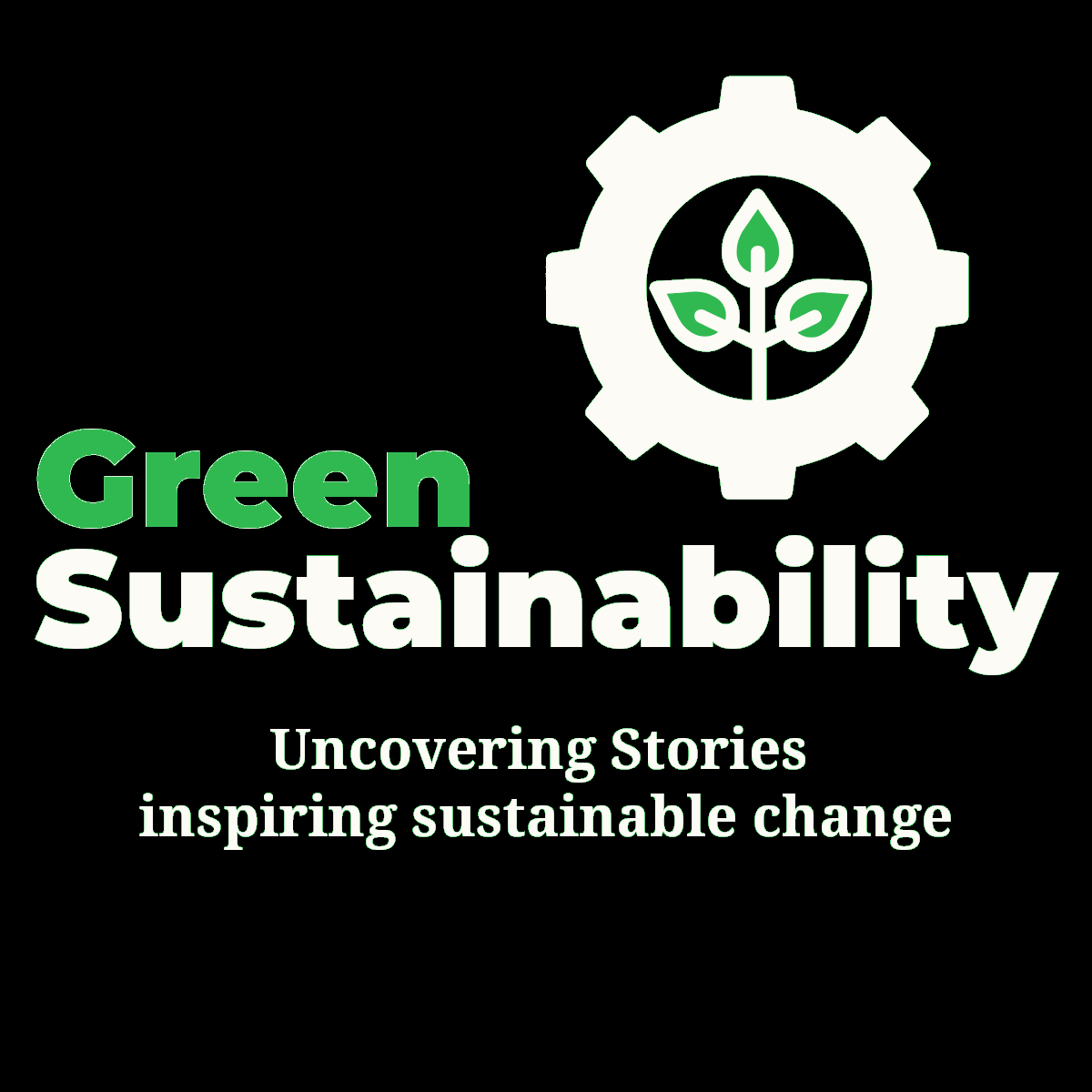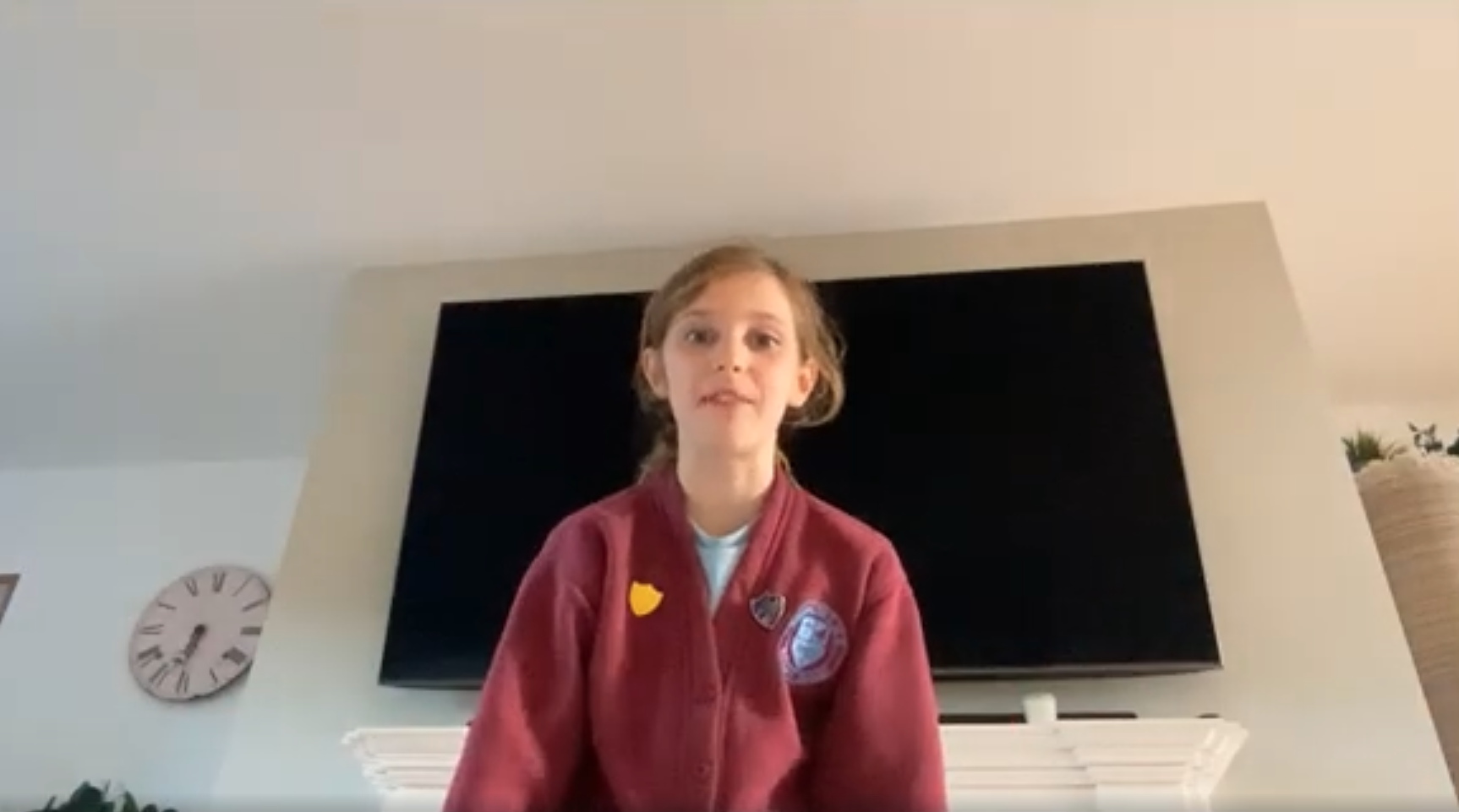

On the island of St. Kilda in the North Atlantic, puffins were once used to flavour porridge! However, today they are a protected bird, although numbers have been declining since the 1960s when chemical and oil pollution of the sea killed many puffins; some traditional colonies were deserted as the numbers fell.
Conservationists are concerned about the overfishing of sand eels and whitebait by humans which is thought to be resulting in the starvation and death of many seabirds, including the puffin. A 2024 ban on industrial sand eel fishing in UK waters aims to increase the food supply for puffins and other sea birds. Climate change is also having an impact, causing more frequent and intense shifts in sea temperatures, thermal mixing and extreme weather, all of which affect their prey species of sand eels, sprats and other small fish. As a result in October 2015 the IUCN reclassified the global population of puffins as Vulnerable, a classification it still has in 2025. In the UK and Ireland, the puffin is a Red Listed species, indicating national concerns.
A 2024 survey of the population on the Farne Islands off the Northumberland coast of the UK has found that puffin numbers were stable or increasing, with around 50,000 breeding pairs - representing a 15% increase since 2019. Record numbers of breeding pairs (43,000 pairs) were noted in a 2025 survey of Skomer Island.
Join the Pufferazzi by sending in a photo of any puffin from any colony that you have seen carrying food in its beak! https://www.rspb.org.uk/reserves-and-events/events-dates-and-inspiration/puffarazzi/
Our Supporters



.png)




















.png)



















































